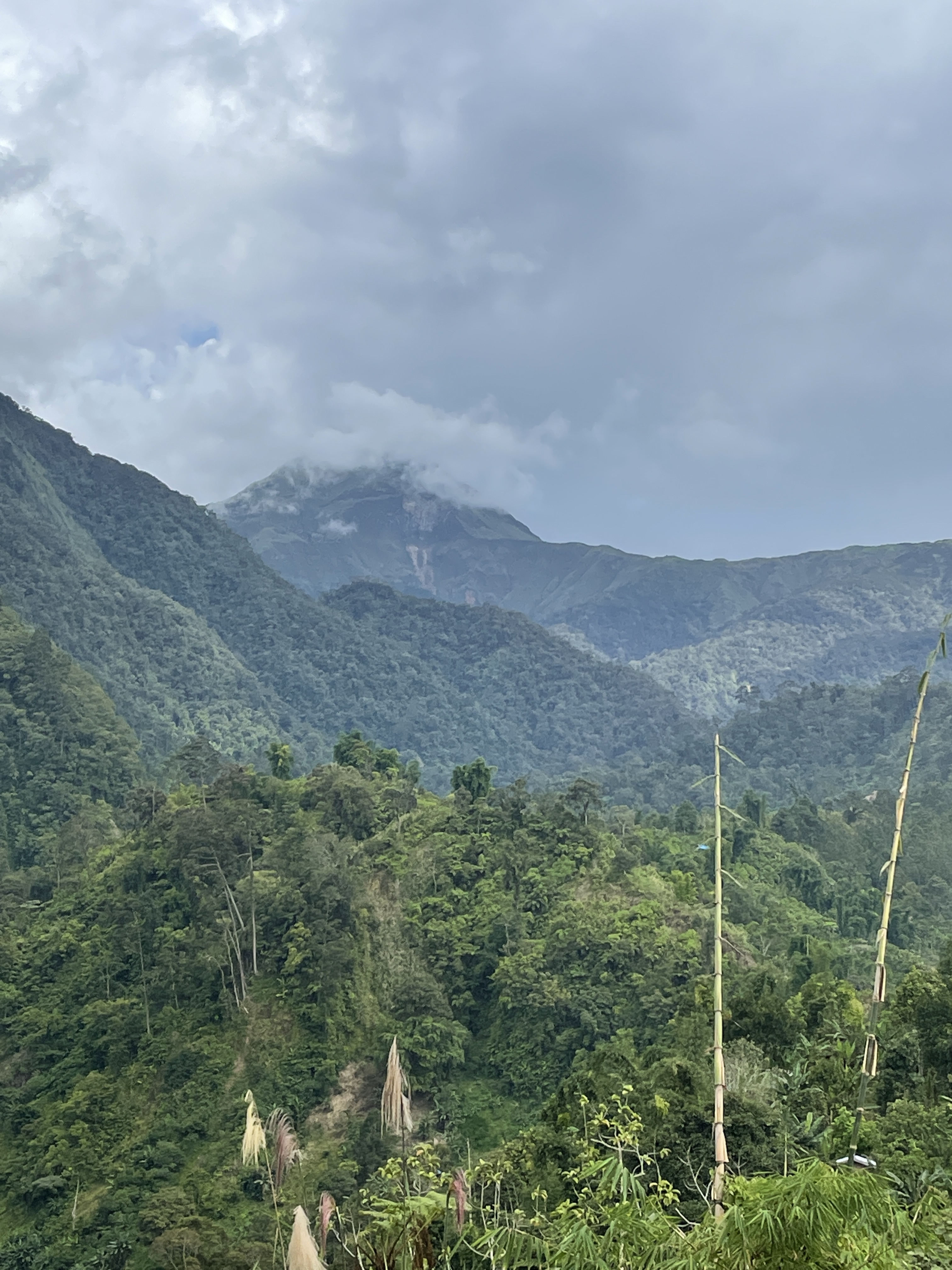

Years of hard and dangerous work led to the establishment of the Bangsamoro Autonomous Region being set up with negotiations happening between the former rebels and the government.
In 2005-06 when the Dann and Joji Pantoja were first sent to the Philippines, it was a place known for violence mainly focused in the Bangsamoro region on the island of Mindanao.
The Pantojas established Peacebuilders Community Inc. (PBCI) and worked with the various sides of this conflict, trying to bring people into conversation with each other. They also brought in other groups to help advocate for peace. Peace and Reconciliation (PAR) teams were trained in many communities to foster a culture of peace. Years of hard and dangerous work led to the establishment of the Bangsamoro Autonomous Region being set up with negotiations happening between the former rebels and the government.
The ministry of PBCI turned toward the violent uprising of the Indigenous Peoples groups in Mindanao, who were often being coerced into supporting various guerilla factions. Many of these groups had been displaced from their land and pushed up into the hills where agriculture was difficult and grinding poverty spurred people to react violently against the military and the government.
As the Pantojas began to be invited to form PAR teams among these groups, the issue of economic injustice became the key feature of discussion. Joji realized that while some of these groups were growing coffee, it was not being grown or processed as well as it could be, and was sold at low prices. Coffee for Peace was born to work alongside PBCI to address peace, reconciliation, and economic justice. Indigenous communities invited PBCI and CFP to come into their communities to train them in sustainable and justice-based peacebuilding and entrepreneurship. This has become the key involvement of PBCI in recent years. It has given a voice and helped Indigenous groups stand up for land rights in peaceful ways.
As founders, staff, and leadership of PBCI and CFP, Dann and Joji Pantoja have held key roles in the development and daily functioning of these two organizations. As they prepare to retire within the next 3-5 years, they also have trained and mentored the next generation of leaders. The challenge in the next few years will be the transition from the first generation of leadership to the second.